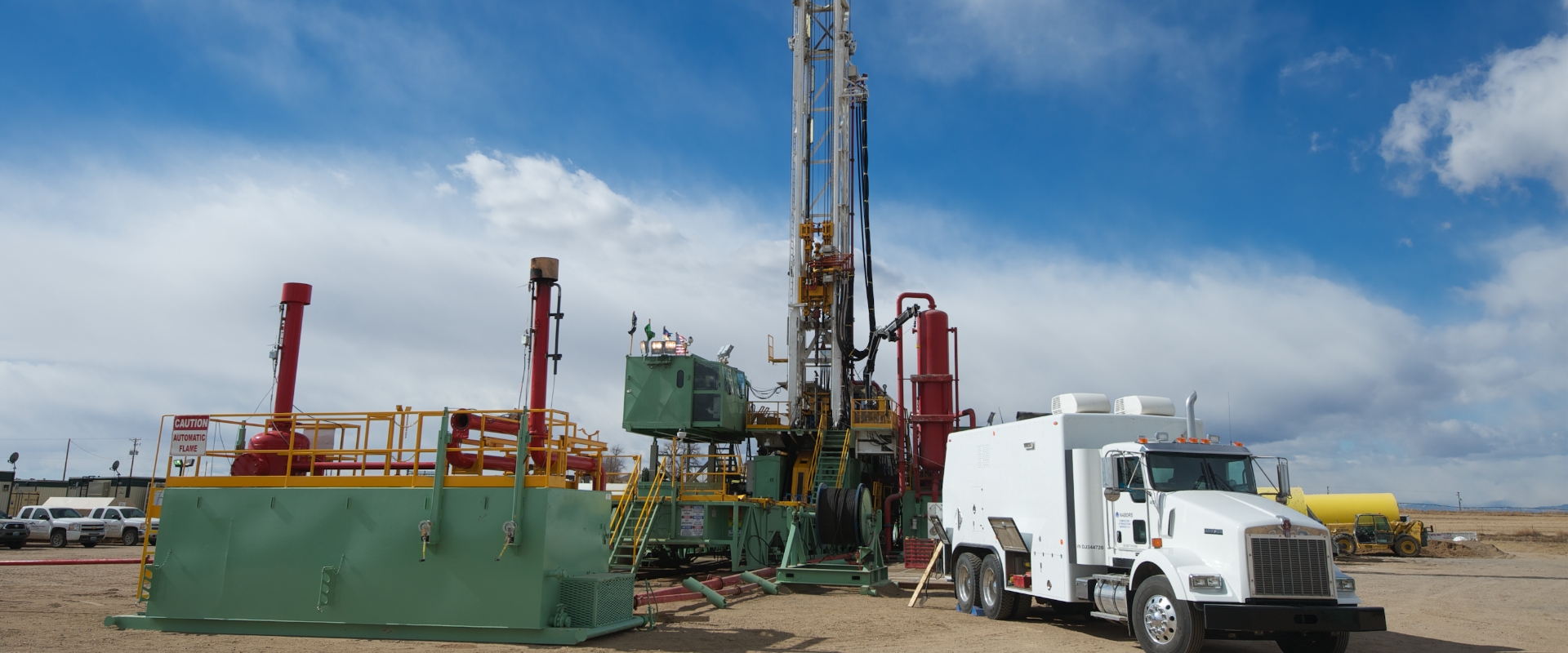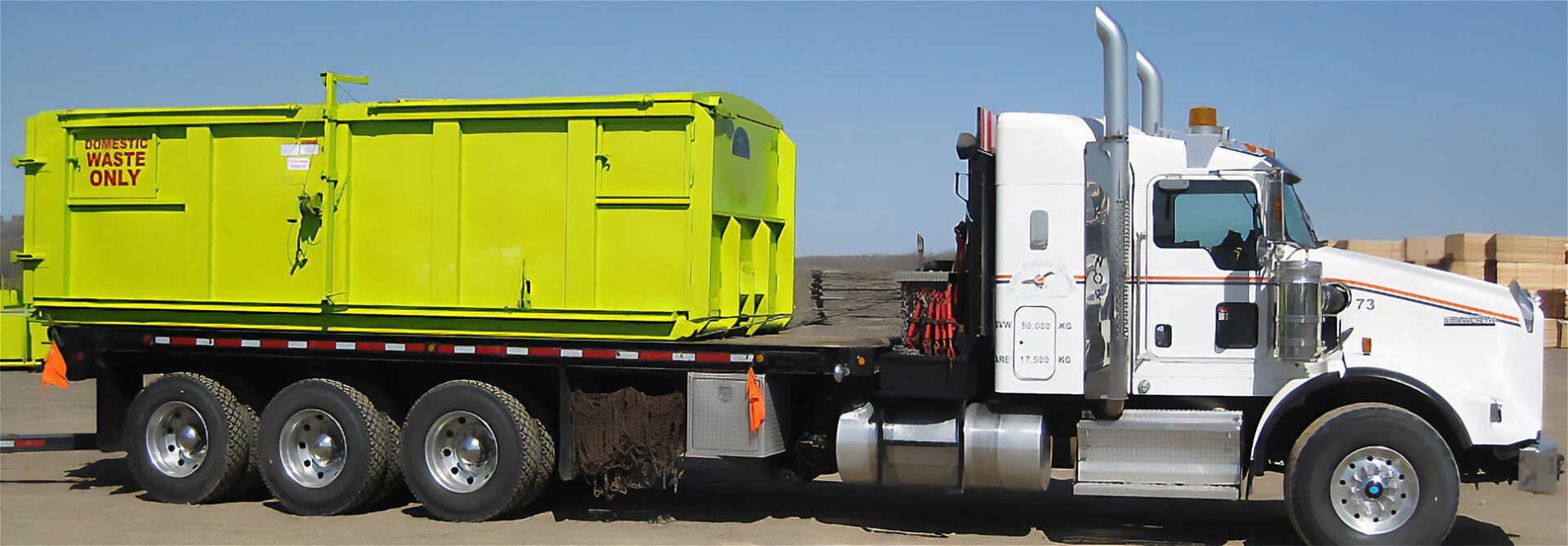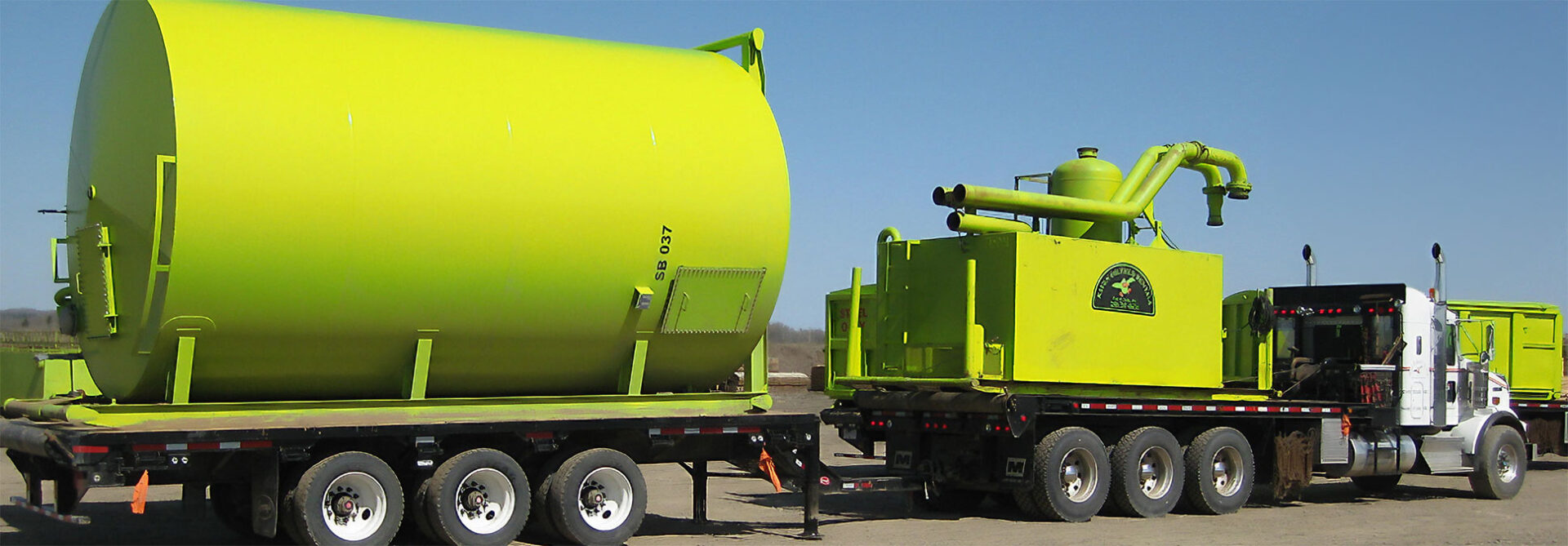A Comprehensive Guide to the Numerous Sorts Of Oil Field Equipment and Pipeline Equipment Available
The oil and gas sector depends heavily on customized devices for efficient removal and transportation. Numerous kinds of equipment, from piercing rigs to storage space containers, play vital roles in this complex procedure. Each item of tools offers distinct features that add to general functional success. Comprehending these components is necessary for any person associated with the field. As the sector advances, so also do the modern technologies that sustain it. What innovations are on the horizon?

Drilling Rigs: The Foundation of Oil Exploration
Drilling rigs function as the important machinery in the domain name of oil expedition, making it possible for companies to gain access to hydrocarbon books buried deep beneath the Planet's surface. These rigs are available in various kinds, consisting of land rigs, offshore rigs, and mobile units, each designed to operate in details environments. Furnished with innovative technology, piercing rigs can penetrate geological formations with accuracy, making certain efficient resource removal. The structural stability and functional abilities of these rigs are critical, as they need to withstand extreme problems and substantial stress. Furthermore, the option of a boring gear impacts the general job price and timeline, making it an important factor to consider for oil companies seeking to enhance their expedition initiatives and take full advantage of productivity in their operations.
Pumps: Important for Liquid Activity
In the oil removal procedure, the duty of pumps is substantial, facilitating the motion of fluids throughout different stages of production. Pumps are important for carrying petroleum, water, and other fluids from below ground tanks to the surface and afterwards via pipes to refineries. They can be found in various kinds, including centrifugal, positive displacement, and submersible pumps, each offering particular objectives based upon the liquid attributes and functional needs. Centrifugal pumps are typically made use of for their efficiency in high-flow applications, while positive displacement pumps master handling thick liquids. The choice of pump influences overall efficiency, operational safety, and upkeep expenses. Correct selection and maintenance of pumps are vital for optimizing production and lessening downtime in oil field procedures.
Shutoffs: Controlling Circulation and Pressure

Shutoffs play a vital role in handling the circulation and pressure of fluids within oil areas and pipes. Numerous sorts of valves serve unique applications, each made to fulfill certain functions essential for effective procedure - Superior Oilfield Rentals. Comprehending the attributes and usages of these shutoffs is essential for optimizing system performance and safety and security
Kinds of Valves
Crucial components in oil field operations, shutoffs play an essential role in controlling the flow and stress of liquids within pipes and tools. Numerous kinds of shutoffs are made use of to satisfy the diverse requirements of oil and gas production. Common types include gateway shutoffs, which give a straight-line circulation and very little pressure drop; world shutoffs, understood for their throttling capabilities; and ball shutoffs, recognized for their fast on/off control. Furthermore, check valves prevent backflow, while butterfly shutoffs provide a light-weight option for managing circulation. Each valve type is made with details products and setups to endure the severe conditions frequently located in oil areas, ensuring dependability and performance in operations. Comprehending these kinds is important for reliable system management.
Valve Applications and Features
While numerous kinds of valves serve unique objectives, their primary applications focus on managing flow and pressure within oil and gas systems. Shutoffs such as entrance, globe, and ball valves manage fluid movement, making sure peak efficiency and security. Gate valves are commonly used for on/off control, providing very little circulation resistance. Globe shutoffs, on the other hand, deal precise flow law, making them appropriate for strangling applications. Ball shutoffs are preferred for their fast operation and tight securing capabilities. Additionally, pressure alleviation valves are critical for stopping system overpressure, protecting equipment stability. Overall, the ideal selection and application of shutoffs boost operational effectiveness, making sure the reliable transport of oil and gas with pipes and processing facilities.
Compressors: Enhancing Gas Transportation
Compressors play an essential function in the effective transportation of gas, ensuring that it moves smoothly with pipes over lengthy ranges. These devices enhance the pressure of gas, allowing it to conquer rubbing and altitude adjustments within the pipeline system. Furthermore, compressors assist in the harmonizing of supply and demand, accommodating changes in usage and manufacturing prices. Numerous types of compressors are employed in the industry, consisting of centrifugal, reciprocating, and rotary screw compressors, each offering unique benefits based on the operational demands. Routine upkeep of these compressors is important to maximize efficiency and minimize downtime, ultimately adding to a dependable gas transportation network. Their crucial function emphasizes the relevance of compressors in official statement the total oil and gas framework.
Storage Tanks: Safe and Reliable Liquid Monitoring
Reliable transportation of all-natural gas depends on different supporting systems, one of which is the correct monitoring of storage space containers. These storage tanks play a necessary role in securely consisting of fluids, ensuring that functional effectiveness is maintained while lessening ecological threats. Constructed from sturdy products, they are developed to endure high stress and harsh components. Appropriately sized and strategically situated, storage space tanks promote the smooth flow of gas and various other fluids, stopping bottlenecks in supply chains. Routine maintenance and tracking are essential to discover leaks or structural concerns, advertising security and compliance with regulatory requirements. Ultimately, the reliable management of tank is essential for the overall honesty and reliability of the oil and gas sector's fluid handling systems.
Pipeline Systems: Facilities for Transportation
Pipeline systems act as the backbone of the oil and gas market, facilitating the effective transportation of hydrocarbons over huge ranges. These systems contain numerous elements, including pipelines, shutoffs, pumps, and compressors, all meticulously developed to assure smooth flow. The materials utilized in pipeline building, often steel or high-density polyethylene, are chosen construction equipment hauling for resilience and resistance to rust. Pipeline networks can span throughout land and water, attaching production websites to refineries and distribution centers. Furthermore, advanced innovation makes it possible for real-time monitoring of flow prices and stress degrees, enhancing operational efficiency. The critical placement of these pipelines minimizes environmental effect while making best use of source ease of access, therefore playing a necessary role in conference power needs around the world.
Safety And Security Equipment: Ensuring Employee and Environmental Defense
The operation of pipeline systems, while crucial for power transportation, likewise provides substantial security obstacles for workers and the setting. Safety equipment plays a significant duty in reducing these threats. Personal protective devices (PPE) such as helmets, gloves, and non-slip footwear safeguards employees from physical dangers. Furthermore, gas detection systems keep an eye on for leakages, guaranteeing that hazardous materials do not position a risk to employees or the surrounding environment. Emergency situation closure systems are important for rapidly stopping operations throughout a crisis, preventing possible disasters. Spill containment materials, including absorbents helpful resources and barriers, are fundamental for reducing ecological impact. Generally, purchasing comprehensive safety devices is essential for preserving operational stability and safeguarding both employees and the environment in the oil and gas field.

Often Asked Inquiries
How Do I Select the Right Oil Field Equipment for My Task?
Choosing the appropriate oil field equipment includes examining project requirements, budget plan restraints, and functional needs. Think about elements such as tools dependability, compatibility with existing systems, and the supplier's reputation to guarantee peak performance and safety and security.
What Are the Maintenance Requirements for Oil Field Equipment?
Maintenance requirements for oil field devices include routine inspections, lubrication, and timely fixings. Operators should additionally stick to producer standards, monitor efficiency metrics, and warranty compliance with security policies to boost longevity and performance.

Exactly How Can I Make Sure Compliance With Environmental Regulations?
To ensure conformity with ecological policies, firms should conduct normal audits, implement finest methods, purchase training, preserve correct documentation, and stay updated on legislation (Superior Rentals near me). Collaboration with ecological agencies can also enhance adherence to policies
What Is the Ordinary Life-span of Pipeline Equipment?
The average lifespan of pipeline equipment normally ranges from 20 to half a century, depending upon variables such as worldly top quality, environmental problems, and maintenance practices. Regular evaluations can significantly affect long life and functional performance.
Exactly how Do I Safely Deliver Oil Field Equipment to Remote Locations?
Carrying oil area tools to remote areas needs mindful planning, including path evaluation, safeguarding licenses, utilizing suitable lorries, and making certain safety and security protocols are complied with. Proper training and interaction amongst crews are crucial for successful transportation.